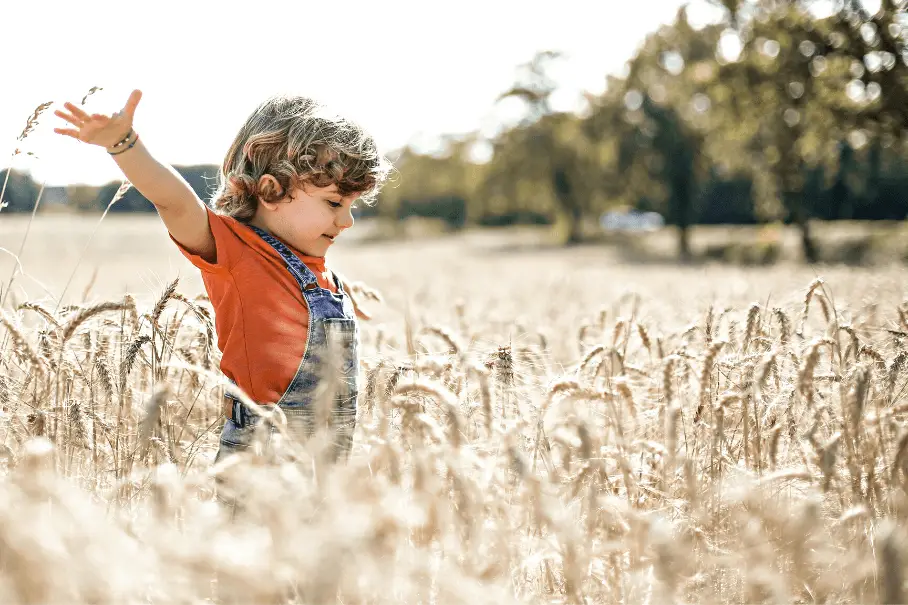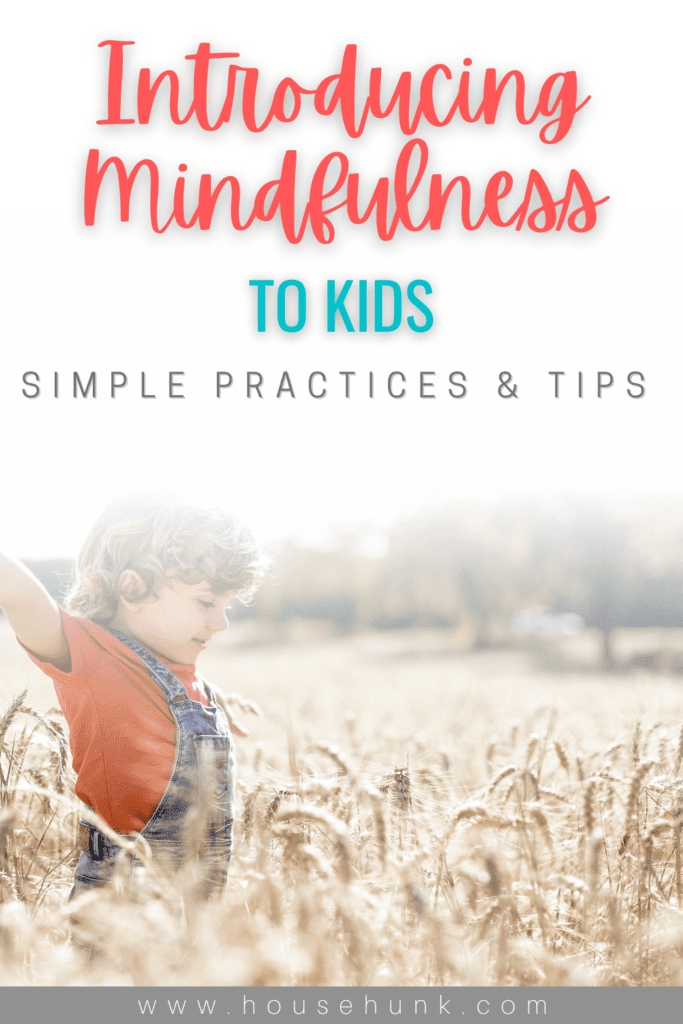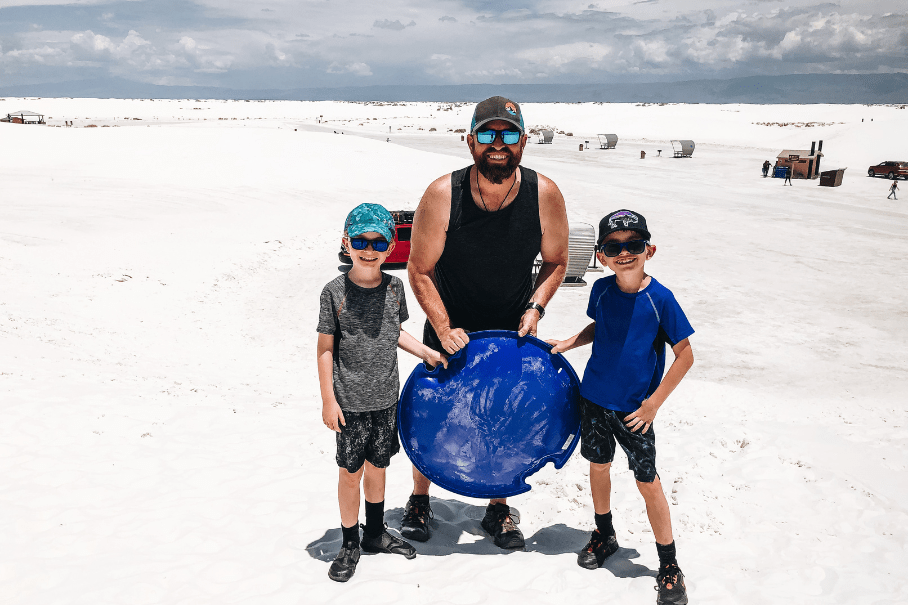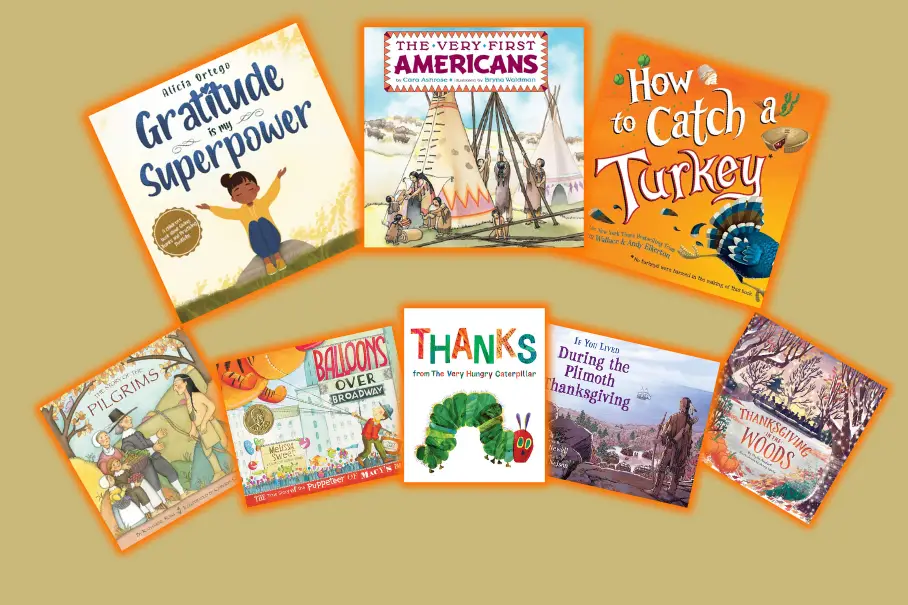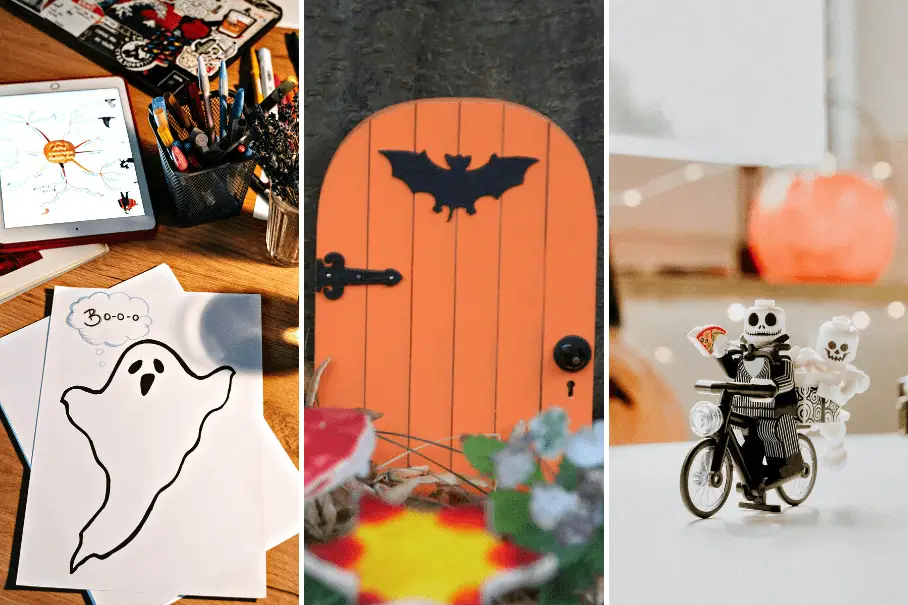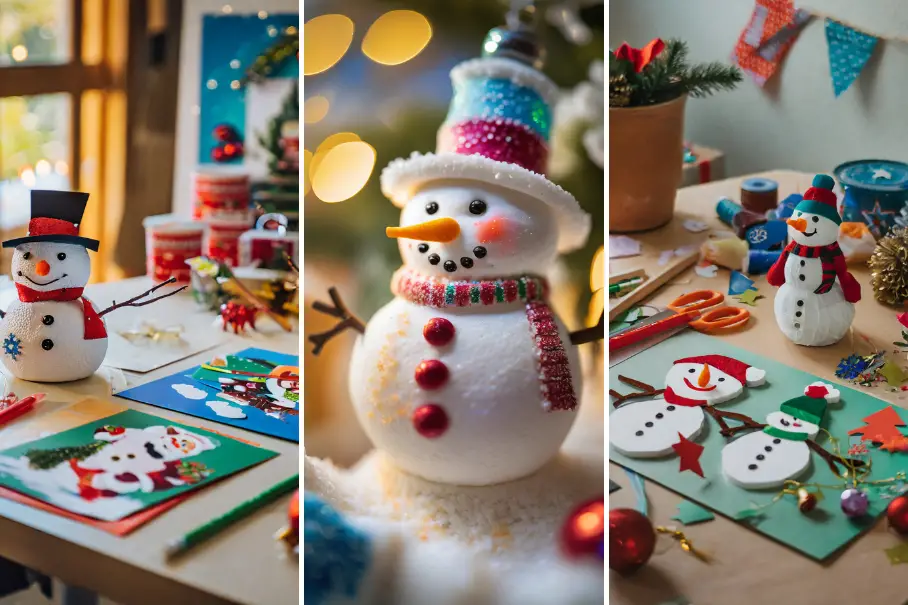This post may contain affiliate links. Please check our disclosure policy.
As parents, we want our children to be happy and healthy. One way to help them develop these qualities is by introducing them to mindfulness practices. Mindfulness is the practice of being present in the moment and paying attention to one’s thoughts, feelings, and surroundings without judgment. It is a powerful tool that can help children develop emotional regulation, focus, and self-awareness.
The benefits of mindfulness for children are numerous. It can help them manage stress and anxiety, improve their ability to pay attention, and increase their overall well-being. It can also help them develop a sense of empathy and compassion for themselves and others.
WHAT IS MINDFULNESS?
Mindfulness is a form of meditation that involves paying attention to the present moment. It is a way of being that can be cultivated through different practices, such as breathing exercises, body scans, and mindful listening. Mindfulness is not about clearing the mind or stopping thoughts, but rather about becoming aware of them and observing them without judgment.
Mindfulness differs from meditation in that it is a way of being, rather than a specific practice. It can be practiced in any moment, whether that be through a specific meditation session or simply by paying attention to one’s breath while washing dishes.
SIMPLE MINDFULNESS PRACTICES FOR KIDS
“The power of mindfulness is not limited to adults.” says Stacy K. Fritz, Principal Owner at FIT2order, LLC. “When we introduce this practice to our kids, we give them a valuable tool for navigating the ebb and flow of life. A more peaceful household can be the natural result of this inner work.”
Ms. Fritz suggests starting with these five simple mindfulness practices that children can benefit from:
Mindful Breathing:
Encourage your child to take a few slow, deep breaths and focus on the sensation of air moving in and out of their nose or mouth. This can help them calm down and focus on the present moment. To help the kiddos stay focused on their breathing, the vidaBALL is a great gadget.
Body Scan:
Ask your child to lie down and close their eyes. Starting from their toes, have them focus on each part of their body, noticing any sensations or feelings without judgment. This activity can help them develop body awareness and relaxation.
Gratitude Practice:
Ask your child to think of 1-3 things they are grateful for each day. This can help them develop a positive mindset and appreciation for the blessings in their life.
Mindful Coloring:
Using a coloring book or blank paper, encourage your child to focus on the colors and movements of their hand as they color. This can help them develop concentration and focus.
Mindful Listening:
Ask your child to sit quietly and listen to the sounds around them, without judgment or distraction. This can help them develop an awareness of their environment and how to be present in the moment.
INCORPORATING MINDFULNESS INTO DAILY ROUTINES
Mindful eating:
Eating mindfully can be a great way to teach children about being present in the moment. Encourage them to take a few bites of food and focus on the taste, texture, and smell of the food.
Mindful walking:
Going for a mindful walk can be a great way to get some exercise and focus on the present moment. Encourage children to pay attention to the sensation of their feet hitting the ground, the sounds around them, and the sights they see.
Bedtime mindfulness routine:
Creating a bedtime mindfulness routine can help children wind down and prepare for a good night’s sleep. Encourage them to take a few deep breaths, focus on their body, and let go of any thoughts or feelings that are still with them from the day. Routines are great for kids, whether it is in the evening, or the morning, as it helps them learn to utilize their time efficiently.
As parents, we can model mindfulness for our children by practicing it ourselves and incorporating it into our daily routines. By doing so, we can create a more peaceful household and foster a sense of empathy and compassion in our children.
It’s important to remember that mindfulness is a skill that takes time and practice to develop. Be patient with your children and yourself as you begin introducing mindfulness practices into their (and your) daily routine.
